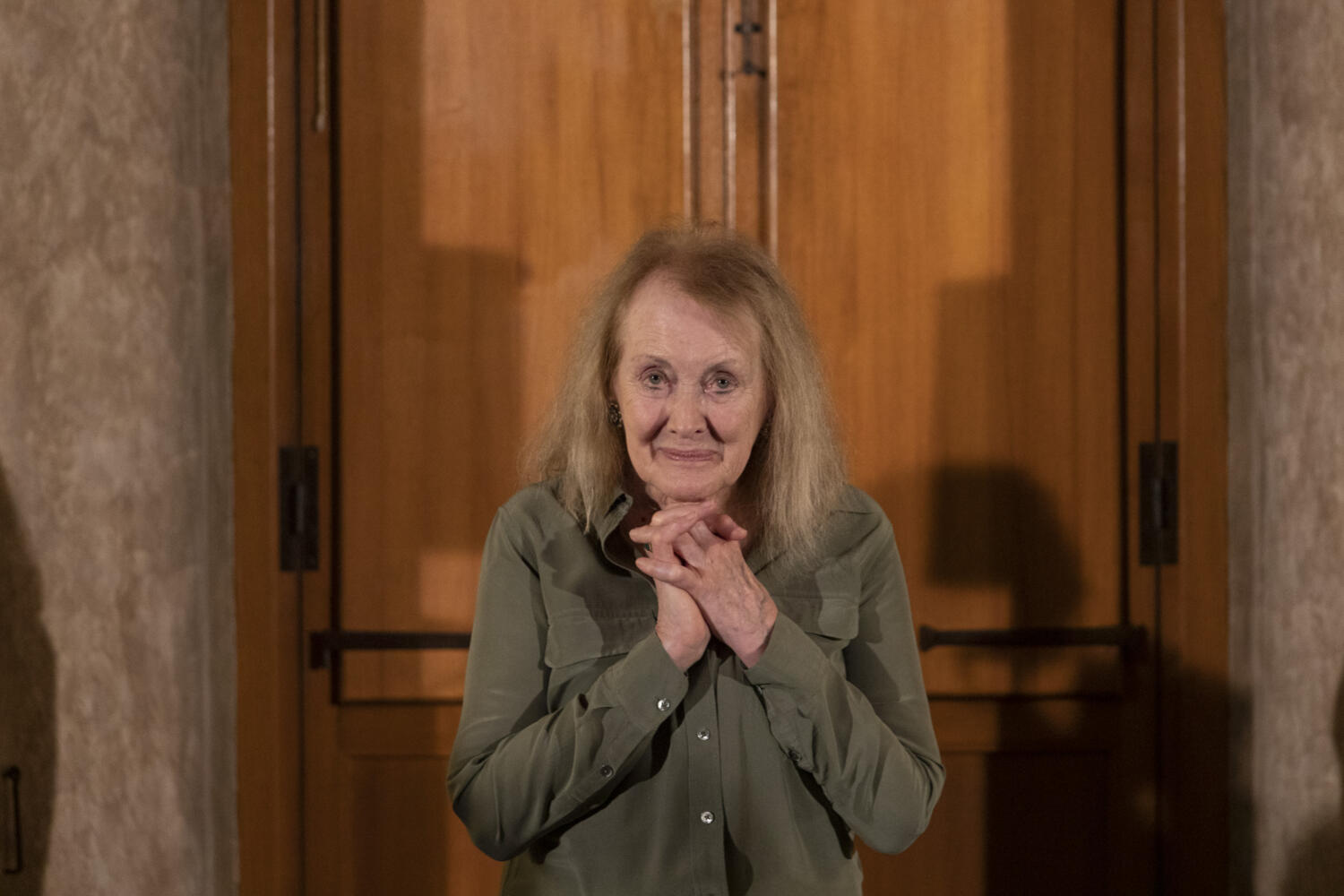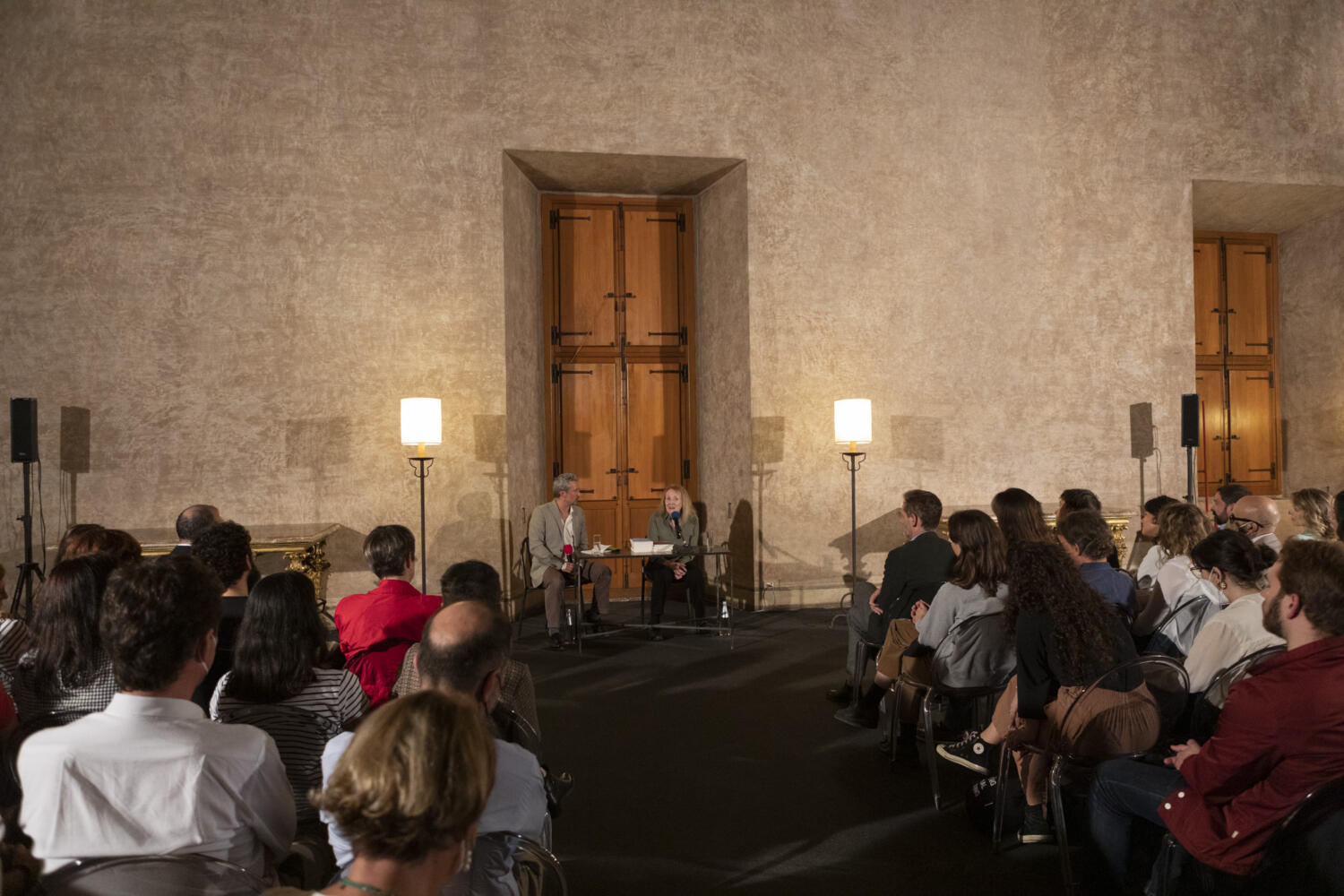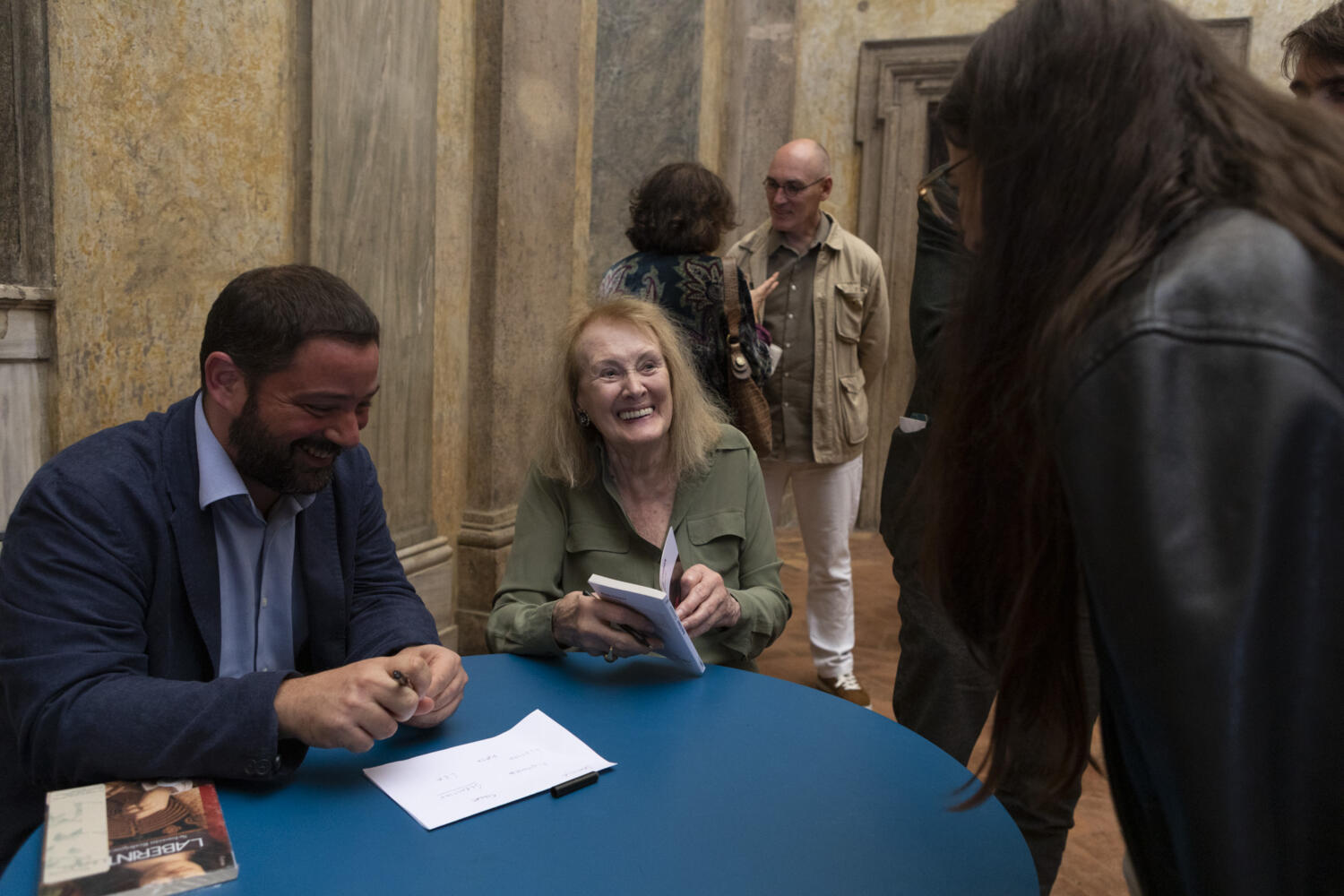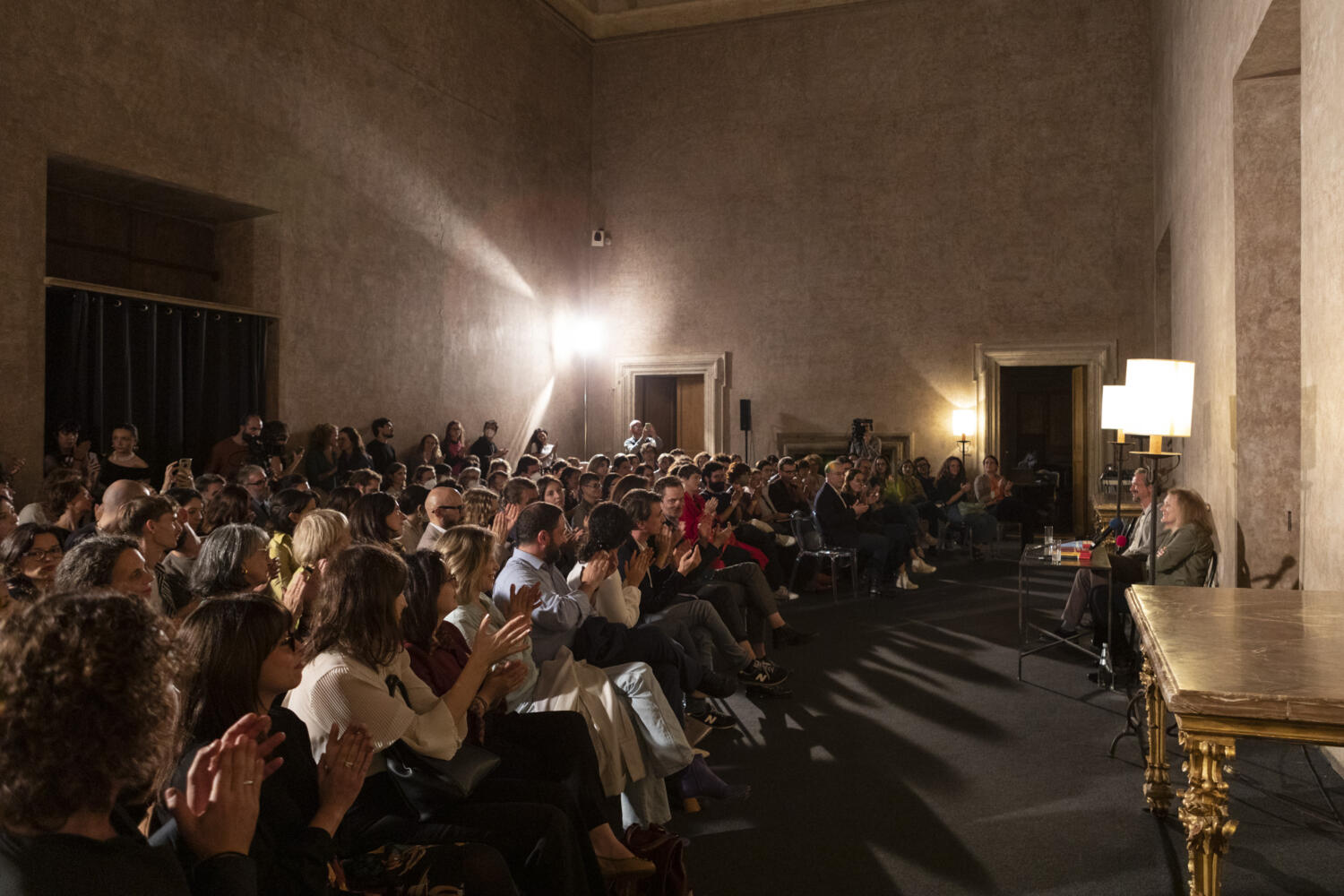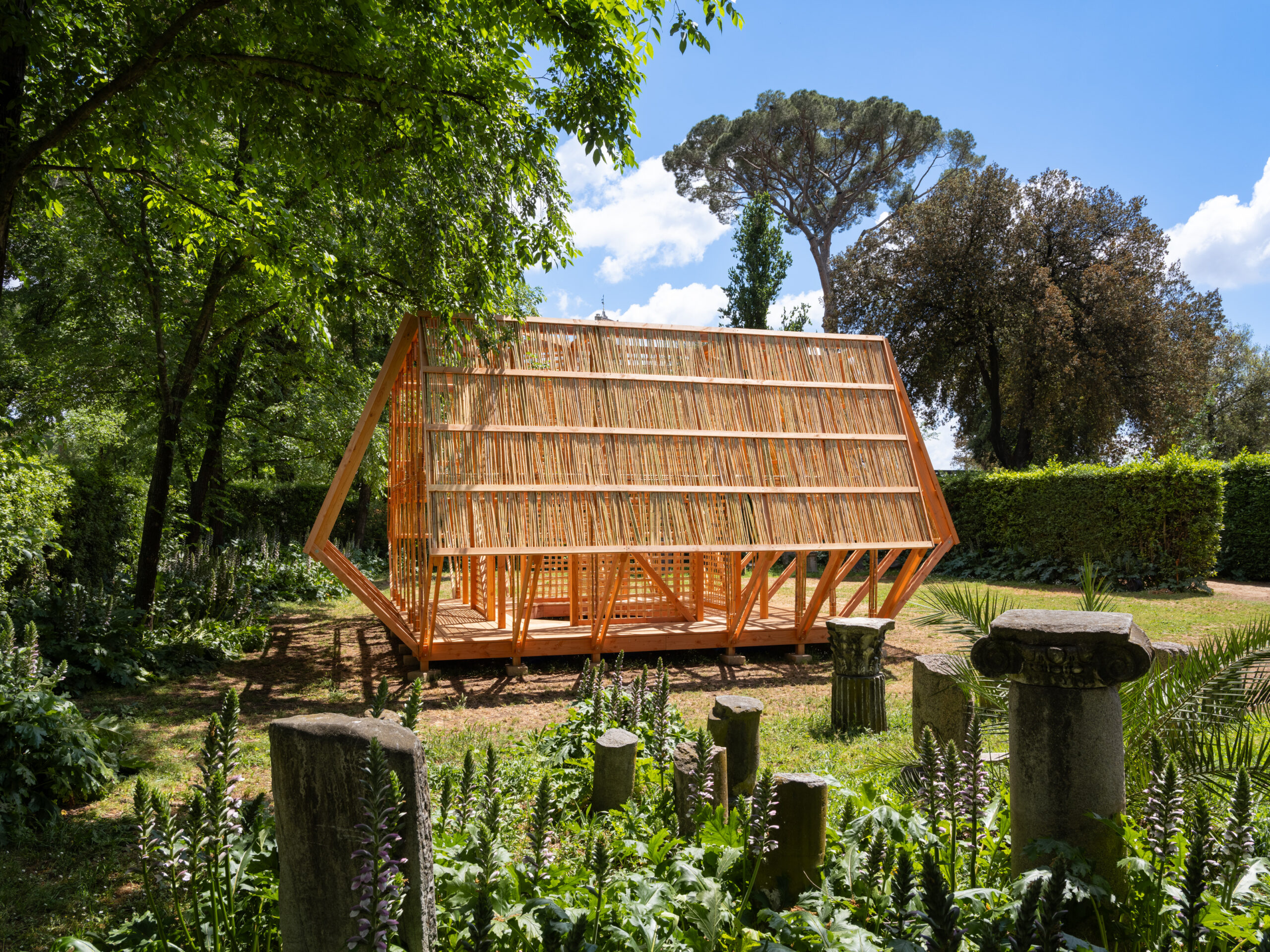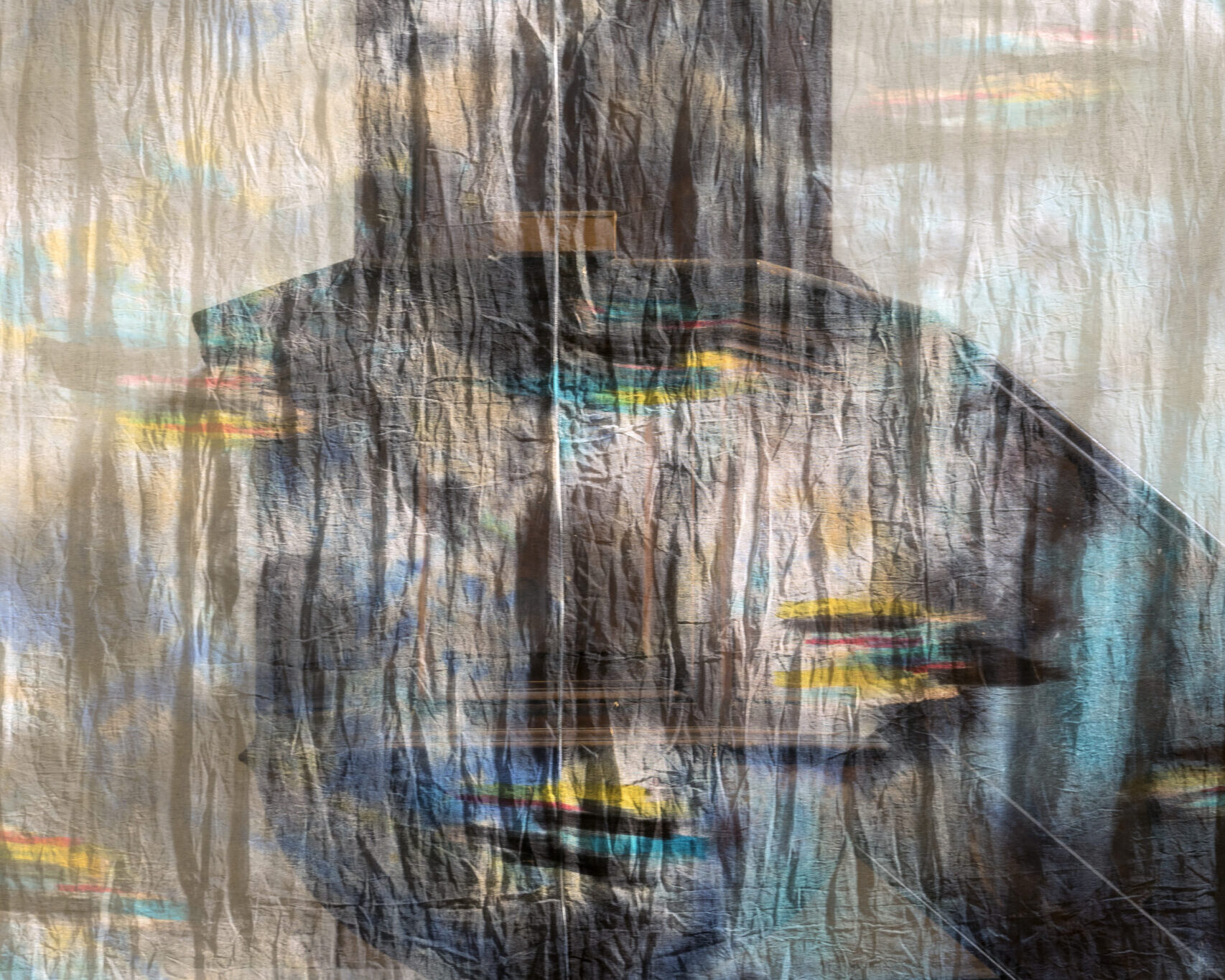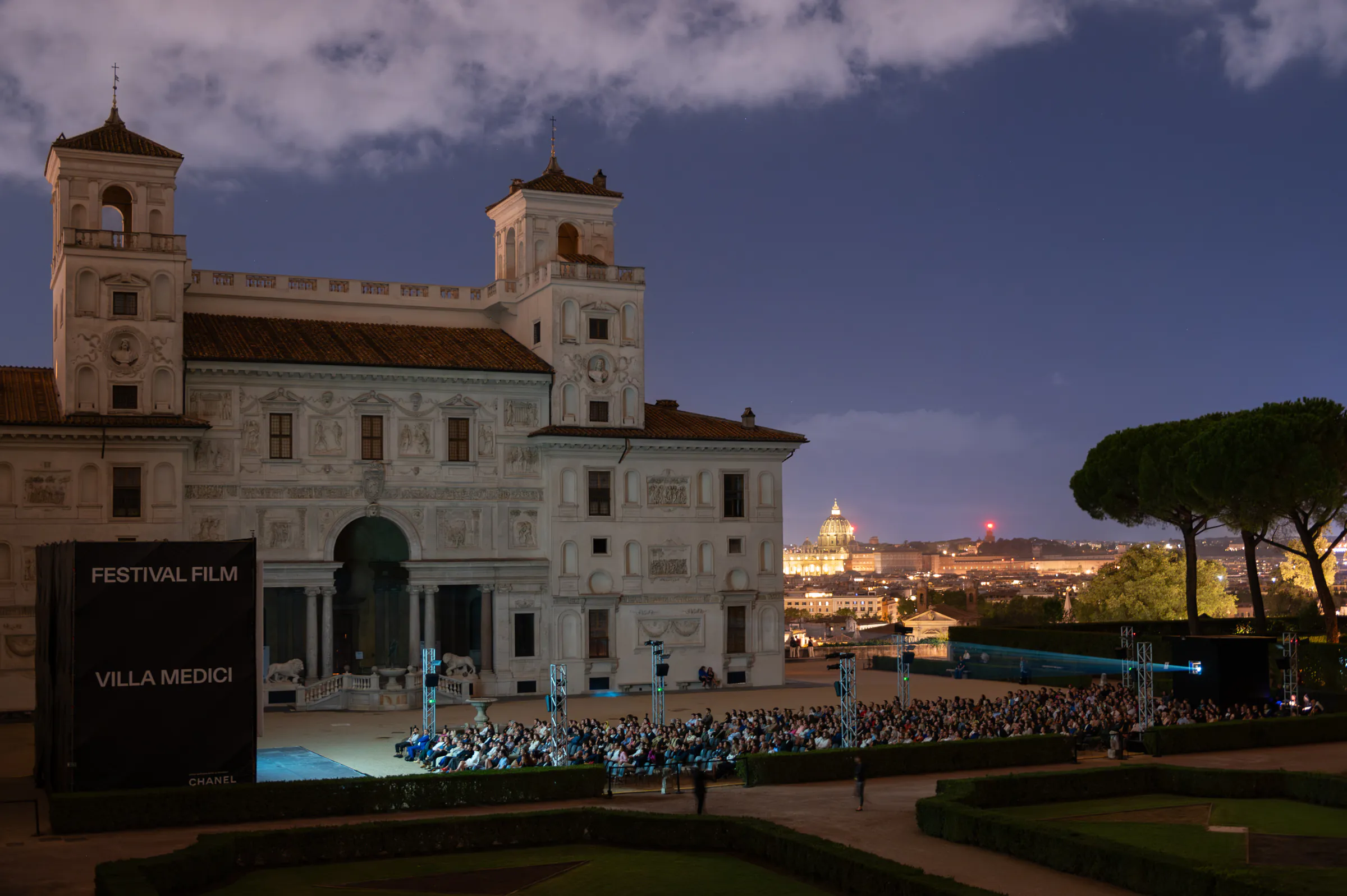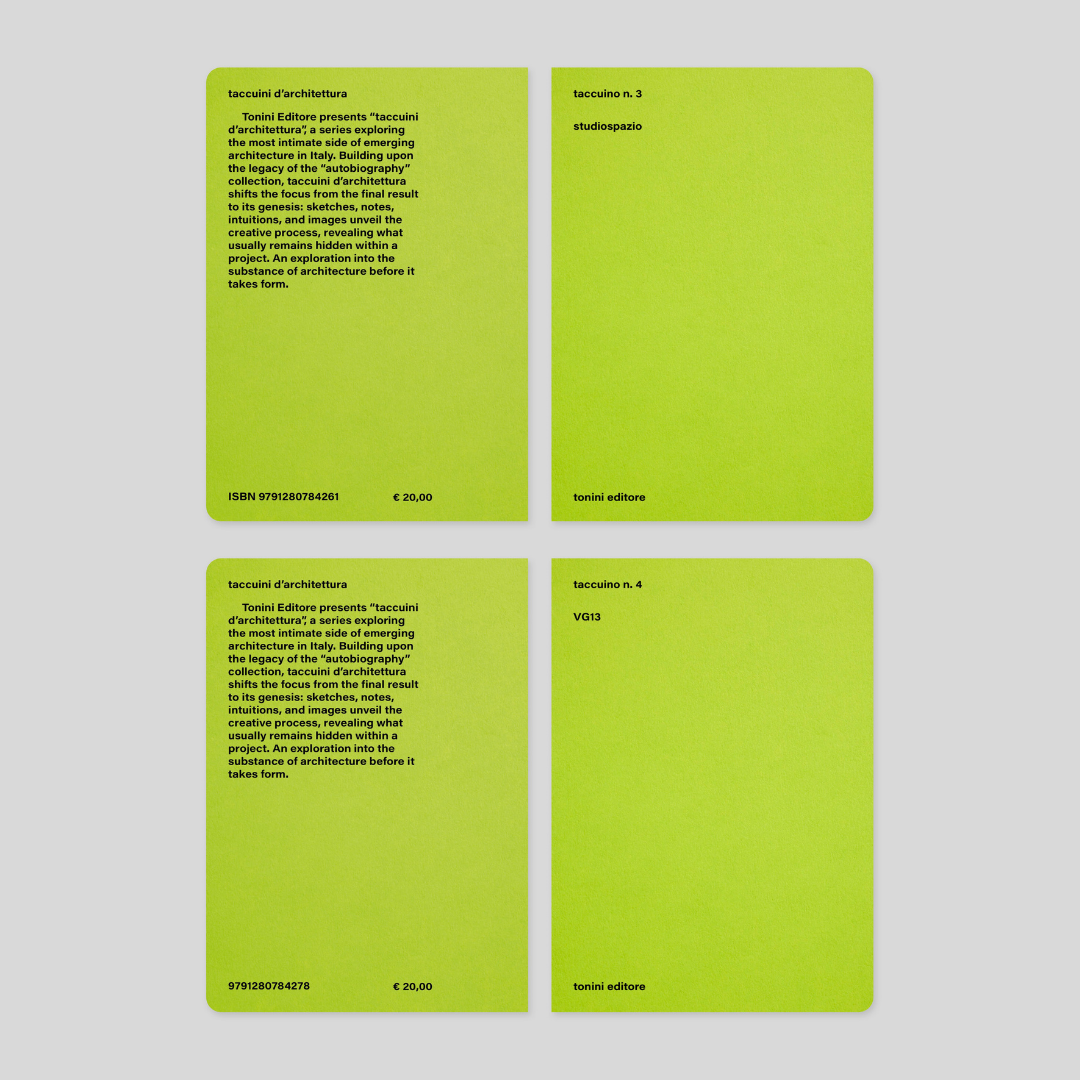Search
Annie Ernaux at the Villa Médicis
Watch the replay of the match!
23.10.2022
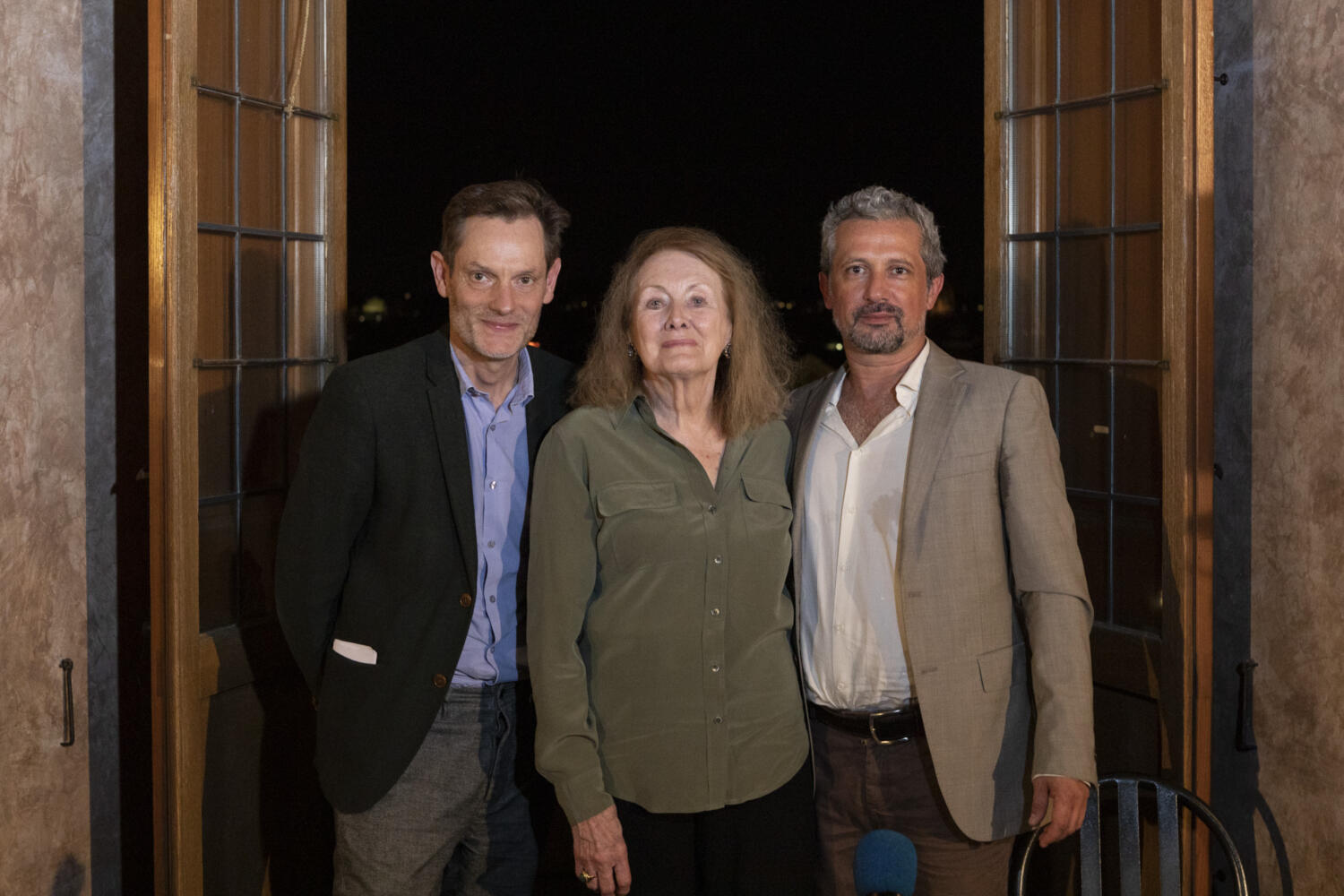
Sunday, October 23, 2022 at 6pm
Grand Salon, Villa Medici
Meeting in French with live simultaneous translation in Italian
Discover the replay of the match:
Villa Médicis is honored to welcome Annie Ernaux, a major figure in contemporary French literature and recent winner of the 2022 Nobel Prize for Literature. She is the sixteenth Frenchwoman and the seventeenth woman to receive this prize, awarded by the Royal Swedish Academy of Sciences.
She was awarded the Nobel Prize for a life’s work of universal significance:
“These 60 years are recounted by a memory, but without this memory appearing personal. It’s the memory of events, of songs, of changing laws, of religion. It’s a journey in which everyone can take part, or at least feel the passage.”
Annie Ernaux, Villa Médicis, October 23, 2022
Annie Ernaux talks to her Italian translator and publisher Lorenzo Flabbi of L’orma editore about her life as a writer, woman of letters and now film-maker.
Annie Ernaux’s works were made available to the public thanks to Librairie Stendhal.
As part of his visit to the 17th edition of the Rome Film FestivalAnnie Ernaux presented her documentary “Les Années super 8”, made with her son David Ernaux-Briot.
Annie Ernaux
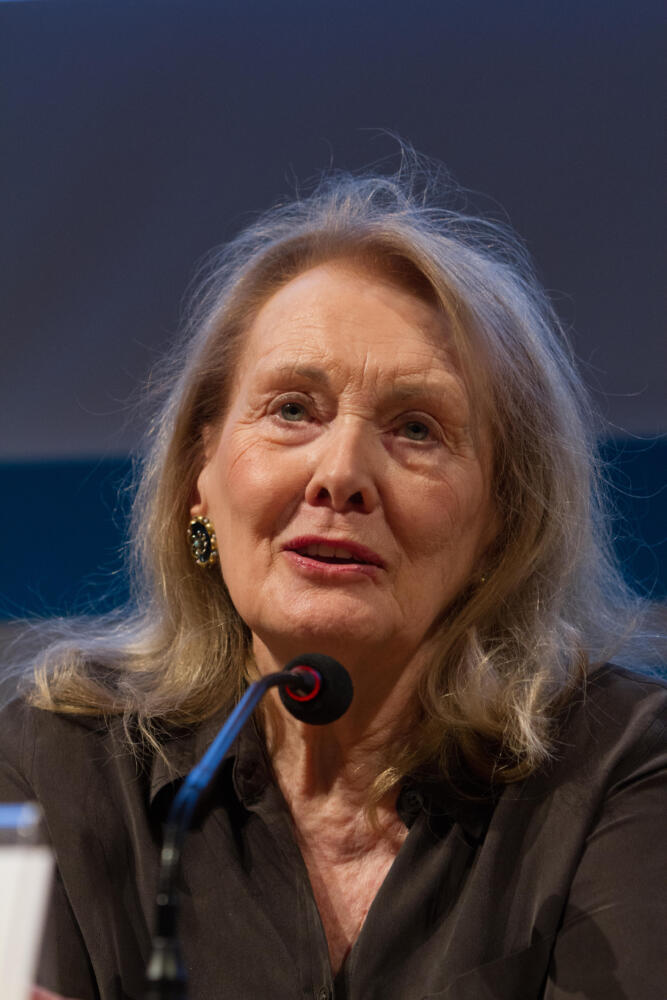
Annie Ernaux, born in 1940, spent her childhood and adolescence in a small town in Normandy, where her parents ran a café-grocery in a working-class neighborhood. She began writing while studying literature in Rouen. After becoming a teacher in Haute-Savoie, she published her first novel, Les armoires vides(1974), which describes the heartbreak of social climbing. From La place (1984) onwards, a text dedicated to her father, she made a definitive break with fiction and embarked on an exploration of her lived experience, while seeking new forms of autobiography. The “I” disappears in favor of the “we” and the “on” in Les années, published in 2008, an account of a generation between history and memory, which won the Prix Marguerite-Duras.
Other published works include: La femme gelée, 1981; Une femme, 1988; Passion simple, 1992; Journal du dehors, 1993; La honte, 1997; Je ne suis pas sortie de ma nuit, 1997; L’événement, 2000; L’occupation, 2002; L’Usage de la photo, 2005 ; Mémoire de fille, 2016; Le Jeune Homme, 2022.
In 2022, she was awarded the Nobel Prize for Literature for “the courage and clinical acuity with which she discovers the roots, distances and collective constraints of personal memory”.
Lorenzo Flabbi
Lorenzo Flabbi was born in Milan and now lives in Rome, where he founded and runs L’orma with Marco Federici Solari. Literary critic, editor and translator, he has taught comparative literature at the universities of Paris III and Limoges, focusing in particular on the theoretical aspects of translation. Among the authors he has translated are Apollinaire, Rushdie, Valéry, Rimbaud and Stendhal. For his translations of Annie Ernaux, he has received prestigious awards, including the Prix Stendhal and the “La Lettura – Corriere della Sera” prize for best translation of 2018.
Photo credits:
Cover image: © Festa del Cinema
Gallery of images from the meeting: © Margherita Nuti
Portrait of Lorenzo Flabbi: © Chiara Pasqualini
Portrait of Annie Ernaux: © Festa del Cinema
